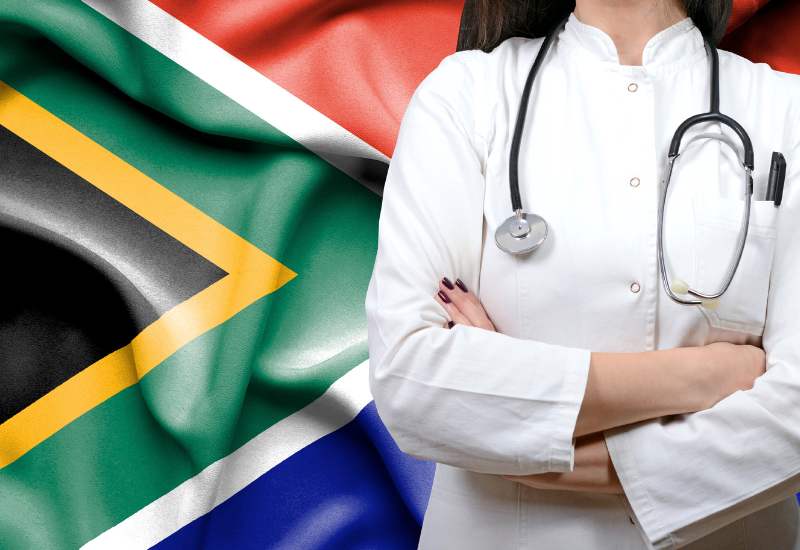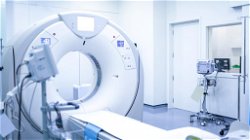An Overview of the Healthcare System in South Africa
Vikash Jain
. 2 min read
The Department of Health in South Africa is in charge of the country's healthcare system. However, South Africa does not have a healthcare system that provides care to all residents. Instead, it is comprised of two separate but parallel systems. Both public and private healthcare systems collaborate in order to provide the best possible medical care to patients. The public healthcare system, in collaboration with technological advancements, has adopted online chat platforms to improve accessibility and provide essential support to patients.

Insurance for Medical Care in South Africa
In South Africa, the cost of medical care must be paid in full before receiving treatment. As a consequence of this, you will be responsible for ensuring that your insurance covers the costs that you will be required to pay and then recouping those costs from your insurer (if this is the case) following your treatment or consultation. There is currently no official public health insurance plan in South Africa, but that could change once the NHI program gets rolling.
South Africa's Free National Healthcare System
Public hospitals make up approximately two thirds of South Africa's total hospital beds. They are typically overcrowded, lacking in resources and personnel, and have long lines of people waiting to be helped. The standard of medical care in public hospitals can range from acceptable to very low due to issues such as outdated equipment, medication shortages, and a lack of staff. Although the medical professionals working at these facilities are generally highly qualified.
Lack of Doctors
There were 165 371 qualified health practitioners registered with the Health Professions Council of South Africa, which is the health practitioner watchdog body, as of March 2012. These qualified health practitioners work in both the public and private sectors. This includes a total of 38,236 medical practitioners and 5,560 dental practitioners. It is estimated that there is 0.77 physicians for every one thousand people in the population.
National Health Insurance in South Africa: A System for Affordable Healthcare for All
According to the department, the NHI is a health financing system that is designed to pool together funds in order to pay for healthcare and to provide access to affordable healthcare for all. It was found that the public health service in South Africa treats 80% of patients, despite receiving only 43% of the funding for healthcare. The only solution that appears to be viable over the long term is one that involves higher levels of taxation, debt, and general budget support from donors.
Conclusion
In conclusion, South Africa's healthcare system is complex and still in need of significant improvement to provide better access to healthcare for all citizens. The public healthcare system is underfunded and understaffed, leading to long wait times and substandard care in many instances. The National Health Insurance program is being developed to address these issues and provide access to affordable healthcare for all. However, its success will depend on how the proposed financial arrangements will be implemented and whether the government can secure the necessary funding to make it sustainable in the long run.
More Stories from
Advancements in Medical Technology: Improving Healthcare Access
Embrace the future of healthcare with these advancements, fostering a more inclusive and accessible healthcare system for all.
Improving Health Literacy: Strategies for Better Health Outcomes
This article discusses the importance of health literacy in healthcare and public health affairs.
Cognitive Enhancers: The Ethics and Implications of Brain-Boosting Drugs
Explore the ethics and implications of cognitive enhancers, also known as "smart drugs," that promise improved cognitive abilities.
The Versatile Guava: A Fruit with a Multitude of Uses
From its delightful taste in culinary creations to its potent health benefits and skincare properties, guava has become a beloved fruit worldwide.
The Role of an Orthopedic Surgeon in Modern Medicine
This article provides an insightful overview of orthopedic surgeons and their significant contributions to modern medicine.











.png?width=40&aspect_ratio=1:1)
